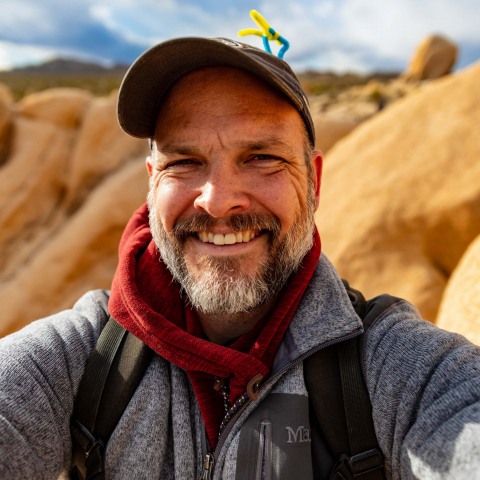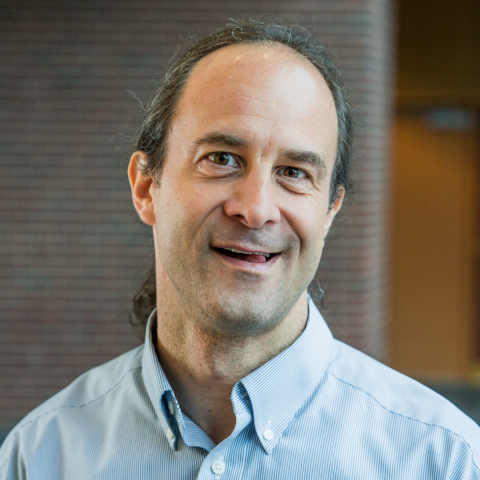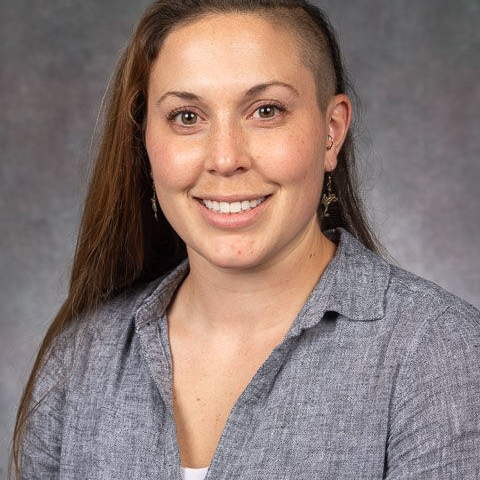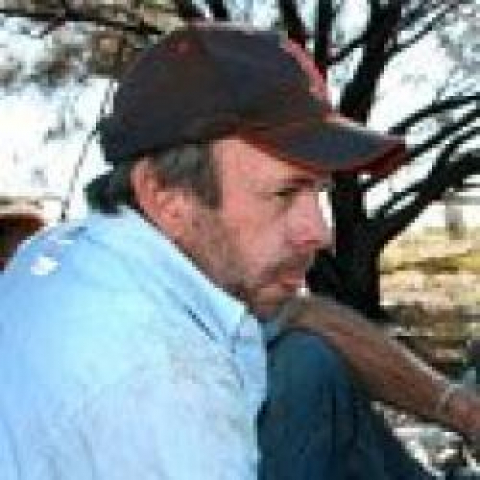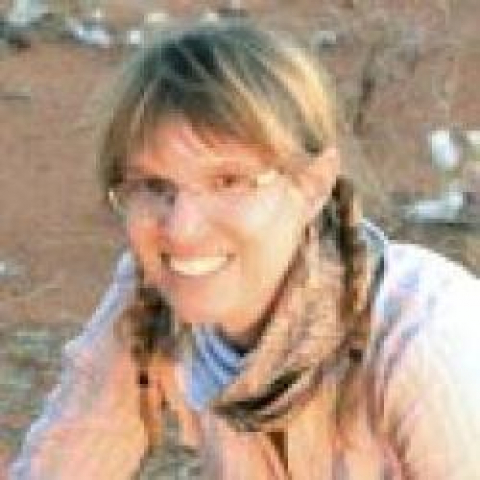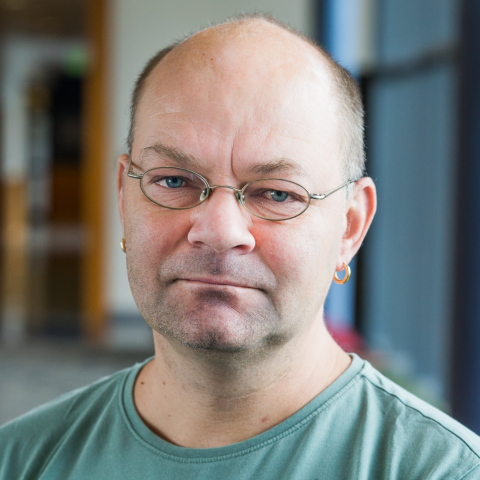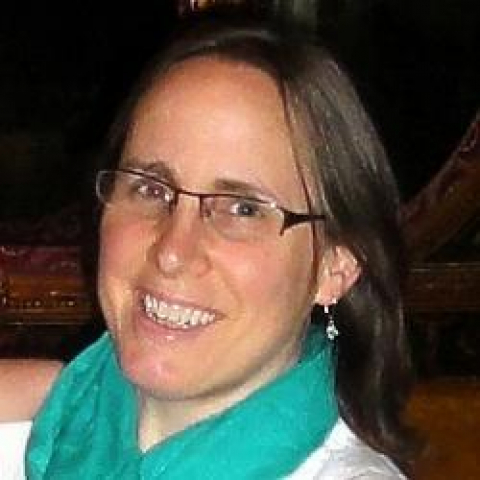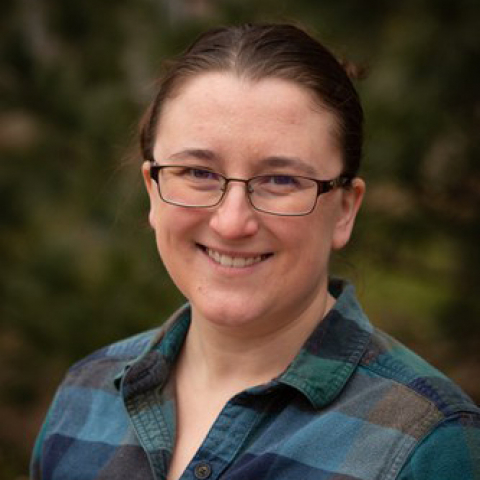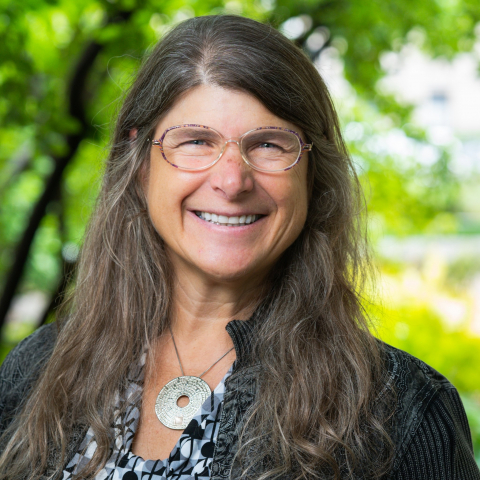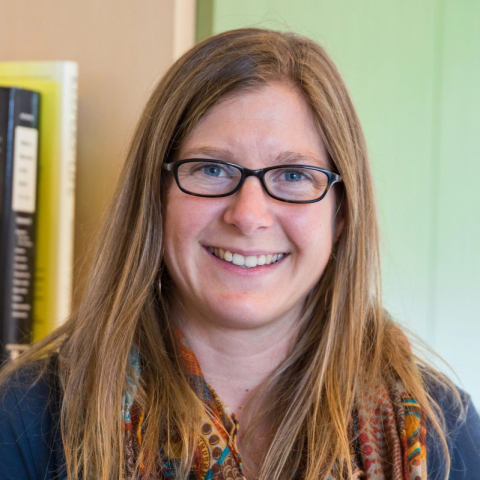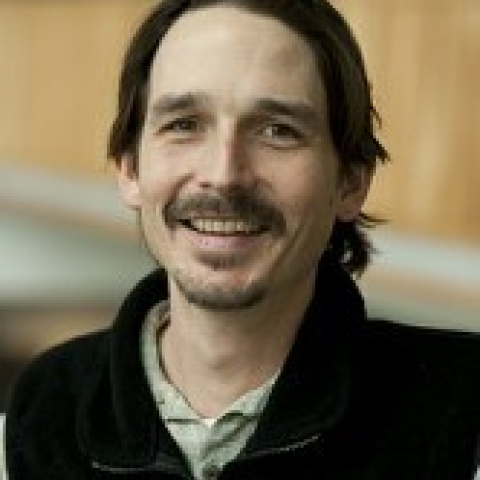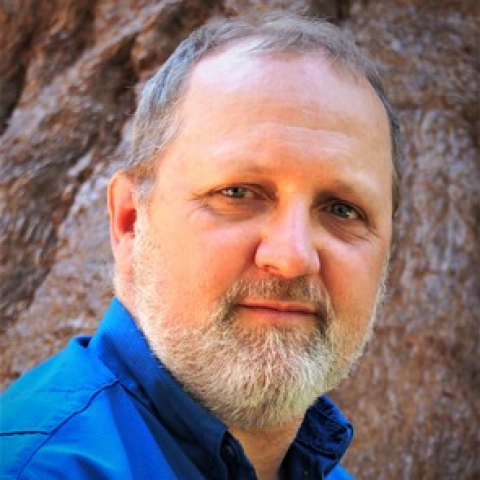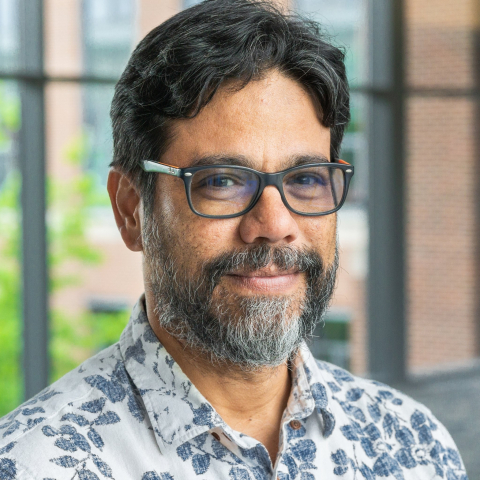Faculty
Jared Ali
Associate Chair, Intercollege Graduate Degree Program in Ecology; Director of the Center for Chemical Ecology; Associate Professor of Entomology
Behavior and chemical ecology of multi-trophic interactions, including plant responses to below-ground herbivory and nematode. Insect community ecology, chemical ecology, and coevolution. Trophic cascades, above- and below-ground interactions, chemotaxis of soil nematodes, and evolution of plant defense strategies.
Daniel Allen
Assistant Professor of Aquatic Ecology
The relationship between community structure and ecosystem processes in rivers and streams, and factors which influence this relationship across local, landscape, and regional spatial scales.
Julian Avery
Assistant Research Professor
Conservation biology, invasive species ecology, effects of human disturbance on biodiversity, illegal reptilian wildlife trade, animal coloration and the ecology of visual signals.
Paul Bartell
Associate Professor of Avian Biology
The regulation of biological clocks in birds at the systems level.
Lynne Beaty
Associate Professor of Biology, Penn State Behrend
Behavioral ecology with a particular emphasis on the role of previous experience with predation risk on the phenotype of prey; anurans, freshwater biology, latent/carry-over effects, phenotypic plasticity
Guilherme Becker
Associate Professor of Biology
Host-microbial interactions, landscape genetics and the ecology of global change stressors. Building models and conducting field and laboratory experiments to understand the biotic and abiotic mechanisms driving wildlife disease dynamics in both tropical and temperate systems.
Nita Bharti
Huck Early Career Professor; Associate Professor of Biology
The Bharti lab investigates the underlying links between humans, pathogens, and the environment. We work to identify the mechanisms that give rise to heterogeneities in host disease burden and risk across scales, across spatial and temporal scales. We study the dynamics of host-environment interactions that drive movement and contact patterns as they relate to to pathogen transmission and access to health care.
Douglas Bird
Professor of Anthropology
Livelihood decisions and habitats, exploring the dynamics of human subsistence practices, their role in ecosystem function, and their archaeological implications in Australia and Western North America.
Rebecca Bird
Professor of Anthropology
Gender division of labor in hunting and gathering, cooperation, costly signaling, indigenous conservation/land management, and fire ecology, drawing on theory, models, and methods from behavioral ecology and landscape ecology to answer questions about how local social contexts influence economic decision-making and how such decisions impact local ecological communities.
Ottar Bjornstad
Huck Chair of Epidemiology; Distinguished Professor of Entomology and Biology; Adjunct Professor in Statistics
Population ecology and population dynamics with particular emphasis on mathematical and computational aspects
Hayden Bock
Assistant Professor of Agricultural Sciences
The ecology of belowground ecosystems and how humans impact them
Elizabeth Boyer
Professor of Environmental Science
Hydrology, Biogeochemistry, Environmental Systems, Water Quality.
Franny Buderman
Assistant Professor of Quantitative Wildlife Ecology
Quantitative ecology, with a focus on the demography, space-use, and movement of wildlife.
Carolee Bull
Professor of Plant Pathology; Bacterial Systematics Head; Director of Microbiome Sciences Dual-Title Degree Program
Bacterial systematics, epidemiology, and population biology of bacterial plant pathogens and biological control agents to develop alternatives to synthetic chemicals for plant disease management
Liana Burghardt
Director of the Center for Root and Rhizosphere Biology; Huck Early Career Chair of Root Biology and Rhizosphere Interactions; Assistant Professor of Plant Science
Plant-microbe-climate interactions; the evolution and ecology of legumes and nitrogen-fixing rhizobia; the genomic basis and environment dependence of root, nodule, and mutualism traits; GWAS/transcriptomics/evolve & resequence methodologies


